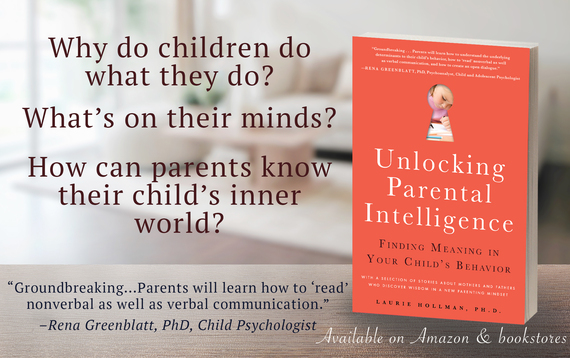Teens and Tweens are going through lots of developmental physical and emotional changes. Changing friends, changing bodies, changing schools, more academic pressure, and higher expectations from parents all come into play. As parents we want the best for parents but sometimes our best goes too far.
Lets see the mistakes that are common.
1. Giving solutions to problems before you've heard kids out.
•Parents often hear a few words about a problem and then start to lecture. Your kid just doesn't feel heard because they're not allowed to fully share what's going on.
•We want the right solution for our kids problems so we give it without stepping back and hearing the full message.
2.Focusing on hygiene without regard for the vulnerability of our kids' bodily changes.
•You notice your teen or tween needs deodorant but you 're insensitive to how they hear you. Just put some deodorant in the bathroom and say nothing. It goes over better.
•You want your teen or tween to be healthy, so you speak about losing a few pounds. They are deeply offended. It's easier to just put out the right food and keep the sweets out of the house.
3.Forgetting about the super need for privacy.
•Your child closes his door for a reason--privacy!! Remember to knock and even when they're not home, don't give in to your wish for snooping. Laundry can be left by the closed door!
4.Giving unrequested judgments.
•Teens and tweens are super sensitive to criticism. Even when you think you're helping by making suggestions about clothes, for example, they take it as serious disapproval and become very self-conscious. Wait until your opinion is requested and warranted.
5.Overlooking your kids opinions as important.
•Teens and tweens are very philosophical. This is an important intellectual gain. They want their opinions to be heard and considered. Try not to disagree quickly even if you disapprove. Instead ask for more information and encourage them to expand on their ideas.
6.Talking more than listening.
•Parents need to really communicate with their kids. If you find you are talking or even raising your voice more than listening, you are off the mark. Teens and tweens have a lot to say though you might miss it if you talk over them, interrupt them, and don't hear them fully until they are done with their ideas.
7.Talking when only you are available.
•This may sound very tricky. How can you talk when you're not available? If you sense an important topic, stop whatever you are doing, and listen then. Your child may only have the nerve to speak up at that moment and if you don't listen then, you don't get to listen at all.
8.Forgetting to Show Your Kid Respect
•Learning how to respect your teen and tween is very difficult when you feel older and wiser.
•Teens and tweens listen most carefully to parents (and teachers) who treat them with respect. You may think you are but your tone of voice or facial expression betrays you. The only way to show respect is to really feel it.
•Hear all the details that your child is putting forth and respond to each one carefully and openly. Kids feel respected when they are spoken to in a forthright manner with honesty. They will appreciate your efforts.
9.Avoid criticism.
•This is a tough one especially when you feel your child is making a mistake, using poor judgment, or even acting in a risky manner. It's how you speak, not only what you say that matters.
•Ask intelligent questions about what your child is doing and then listen carefully if they are illogical.
•Don't jump to criticize, instead kindly question the inconsistencies. Hopefully, they'll begin to question their decisions instead of you launching into how they are faulty.
10.Even kids who don't ask for it or speak of it, need to know they are loved. Don't skip this one.
•Teens and tweens always pushback. It's part of learning how to be independent. But if you have followed the advice above, you are building a parent-child relationship that can't be beat.
•If they know you speak out of love and care, they will pushback less and listen more. Tell them directly several times a week with sincerity that you love them.
First viewed on 99Check

Laurie Hollman, Ph.D., is a psychoanalyst and author of Unlocking Parental Intelligence: Finding Meaning in Your Child's Behavior, found and reviewed on Amazon and Barnes and Noble online and in your favorite book store.
